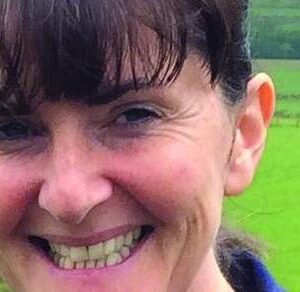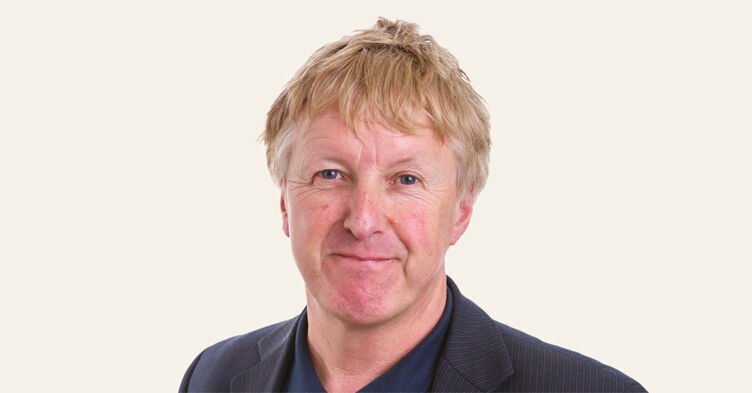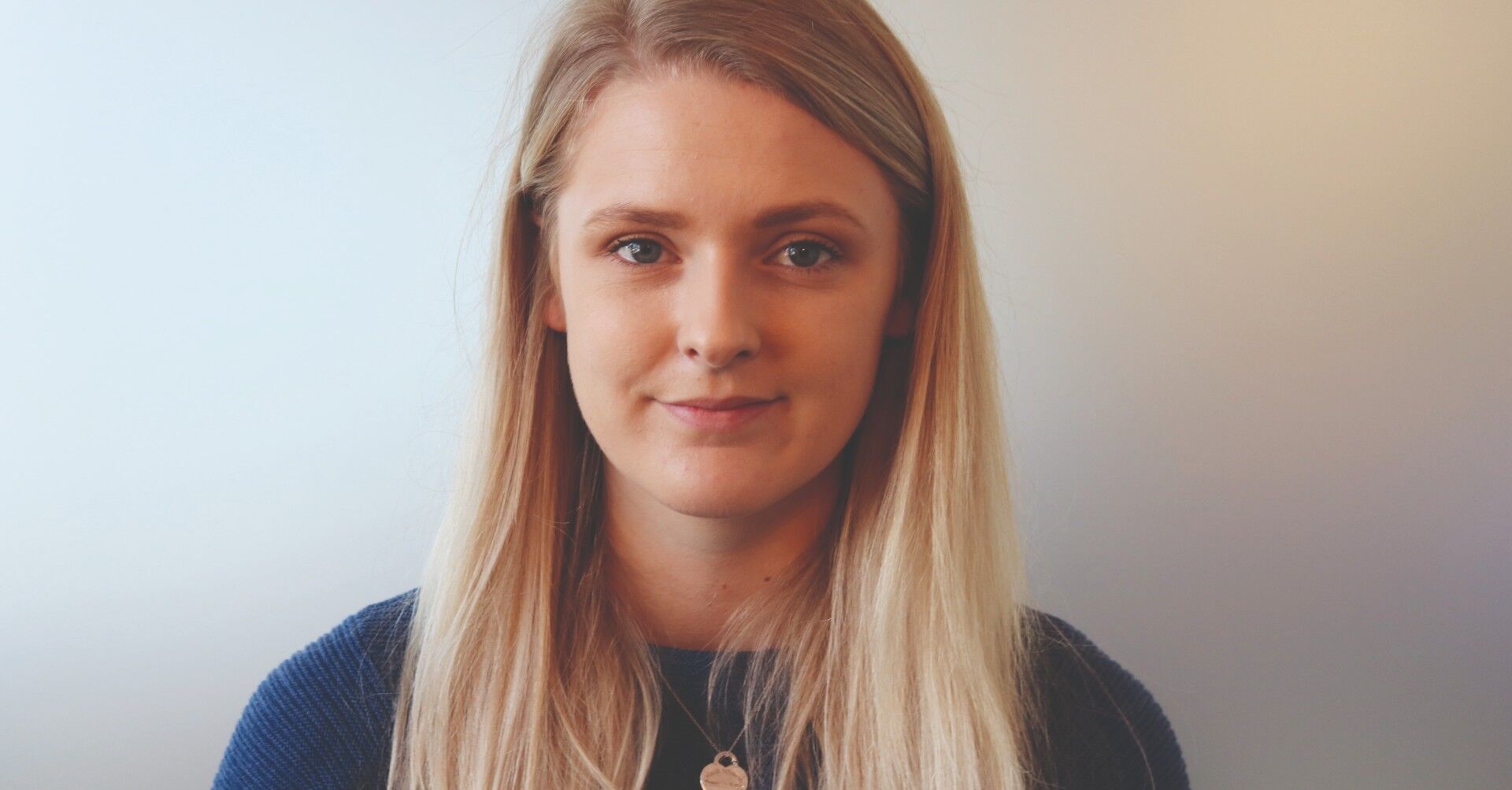I am a community matron, nurse practitioner and a clinical commissiong group (CCG) lead for palliative and end-of-life care.
Although each role is separate, they all complement each other because the focus is on ensuring patients get the care they need in the place they want to be.
I have worked for Northumbria Healthcare NHS Foundation Trust for 17 years, first as a district nurse and now as a community matron, and providing high-quality care closer to home is a key priority.
I am based in the beautiful village of Bellingham in west Northumberland. The practice is one of the most rural in England, covering a geographical area of 800 square miles with a practice population of around 3,400 people. The community nursing team I am part of also covers the Wark and Humshaugh surgeries with over 4,000 patients. With such a large area to cover, a lot of thought goes into planning our days.
I love the area and feel a very strong loyalty to the patients and the practice.
In 2003 the Bellingham Practice supported me to train as a nurse practitioner and after qualifying I went on to train as an independent nurse prescriber. This enables me to provide more holistic care for patients because my clinical skills allow me to assess, diagnose, create and deliver the treatment plan and monitor the patient’s progress.
I see patients with a range of conditions including minor illnesses, such as sore throats, respiratory tract infections, urinary problems, skin conditions and minor injuries, for example strains and breaks. I also manage chronic disease, including heart problems, high blood pressure, stroke, diabetes, and respiratory conditions.
As a community matron, I tend to deal with more complex patients. A big part of my role is shared decision-making with patients and families so that if there is a change in their condition, the patient and everyone involved in their care knows what to do. We encourage end-of-life patients to be involved in making decisions so their wishes and preferences are clearly recorded. Communication is crucial and we have a weekly meeting involving the community nursing team, GPs, representatives from the ambulance service and social care to ensure that our patients with complex needs, those on palliative care and those admitted and discharged from hospital all have plans to meet their requirements.
In my role for NHS Northumberland CCG, I am the clinical lead for palliative and end-of-life care for the west of Northumberland. The focus is on providing joined-up care through integrated working between primary, secondary, community health and social care. It works well because everyone is respectful of each other’s role and we all work together to make the patient’s journey the best it can be.
Although each of my roles is distinct, my nurse practitioner role enhances my community matron role and vice versa my CCG role enhances both of them.





